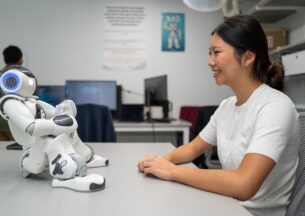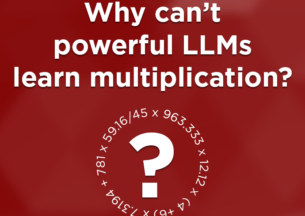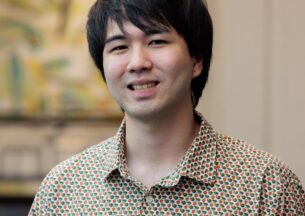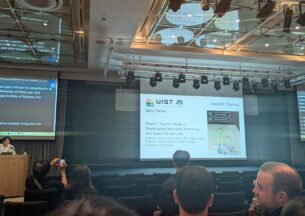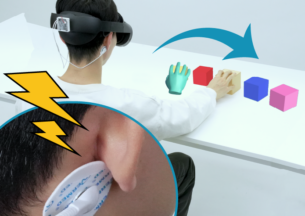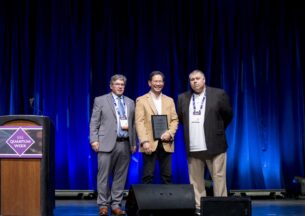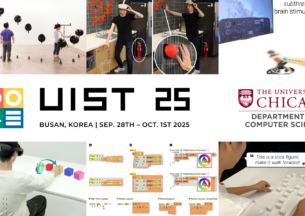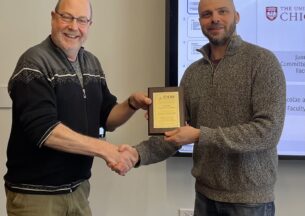Jennifer Paykin (University of Vermont)- Pauli-Based Quantum Programming
Abstract: Quantum computers are typically programmed using low-level sequences of gates known as quantum circuits. This representation is well-suited to optimization and execution on real quantum devices, but is conceptually far removed from the structure and mathematical intuition behind high-level quantum algorithms such as those used in error correction, Hamiltonian simulation, and magic state distillation. Bridging this gap is one of the central challenges in quantum programming language design: how can we express mathematically sophisticated quantum logic in a way that is both modular and efficiently executable?
In this talk, I will introduce Pauli-based programming, a functional paradigm for quantum programming that describes quantum operations in terms of their action on the Pauli group — a foundational structure in quantum theory. Though less familiar in some ways than the gate model, this abstraction is well-suited for a range of quantum applications and builds on a rich history of circuit optimization and verification techniques. Developing a language around this model involves tools from substructural type systems, and group theory, and stabilizer quantum computing.
This talk is designed to be accessible to both experts and newcomers; no specific background in quantum computing will be assumed.
Speakers
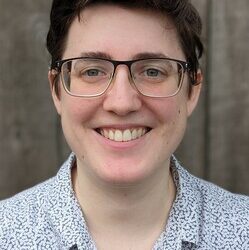
Jennifer Paykin
Jennifer Paykin is an Assistant Professor of Computer Science at the University of Vermont, where she works at the intersection of programming languages and quantum computing. Her research focuses on designing abstractions, type systems, and tools inspired by both mathematical theory and real-world experimental constraints, often in collaboration with physicists, mathematicians, and engineers.
Before joining UVM, Dr. Paykin was a research scientist at Intel working on the formal verification and optimization of the Intel Quantum SDK. She also held a research position at Galois working on security, formal methods, and high-assurance hardware. She earned her Ph.D. from the University of Pennsylvania.



